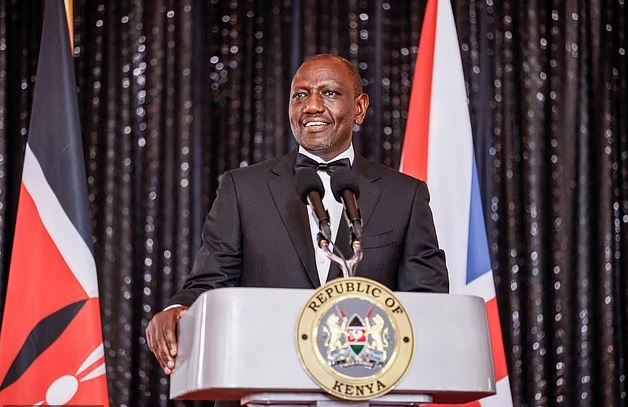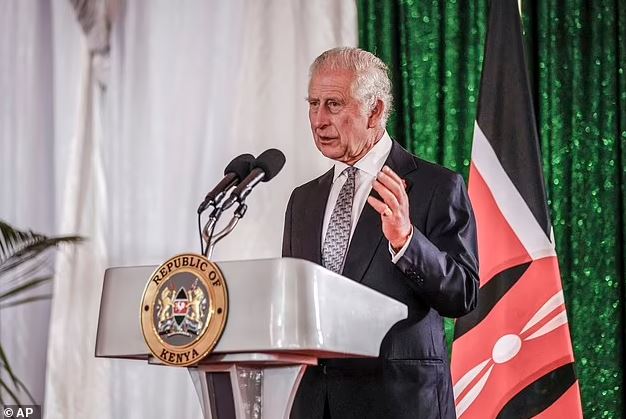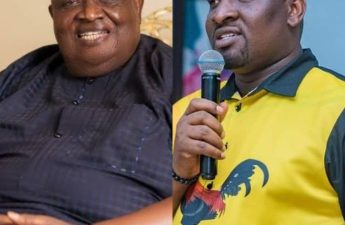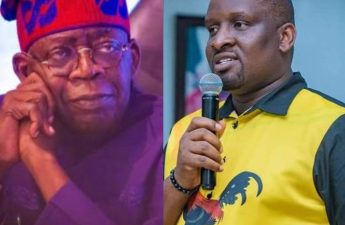King Charles has expressed his ‘greatest sorrow and deepest regret’ over Britain’s colonial past.
The King told the Kenyan people of his regret’ at Britain’s ‘abhorrent and unjustifiable acts of violence’ during the Colonial era during state visit to Kenya.
He said there was ‘no excuse’ for British ’wrongdoings’ in the East African nation, particularly against the Mau Mau rebellion.
Speaking at a state banquet in Nairobi on Tuesday night, King Charles told the Kenyan President and 350 guests: ‘It is the intimacy of our shared history that has brought our people together. However, we must also acknowledge the most painful times of our long and complex relationship.
‘The wrongdoings of the past are a cause of the greatest sorrow and the deepest regret. There were abhorrent and unjustifiable acts of violence committed against Kenyans as they waged, as you said at the United Nations, a painful struggle for independence and sovereignty – and for that, there can be no excuse.
Charles continued: ‘In coming back to Kenya, it matters greatly to me that I should deepen my own understanding of these wrongs, and that I meet some of those whose lives and communities were so grievously affected.
‘None of this can change the past. But by addressing our history with honesty and openness we can, perhaps, demonstrate the strength of our friendship today. And, in so doing, we can, I hope, continue to build an ever-closer bond for the years ahead.’
The King stopped short of a direct apology, which carries greater legal culpability, because it is not British government policy to do so.
His words came as President Ruto made an even more strongly-worded address – and hinted at further demands for reparations.

He said Britain and Kenya could not ‘live in denial of history’ and highlighted the ‘displacement, dispossession and disenfranchisement of native Africans, paving the way for a brutal colonialism’.
The president described British attempts to put down the Kenyan people’s fight for independence as ‘monstrous in its cruelty’ and made clear that he felt the £20 million so far paid out by Britain in compensation to victims of torture and repression as inadequate.
‘While there have been efforts to atone for the death, injury and suffering inflicted on Kenyan Africans by the colonial government, much remains to be done in order to achieve full reparations,’ he said.
He praised the King for his ‘visionary leadership’ on the issue, saying: ‘Your exemplary courage and readiness to shed light on uncomfortable truths that reside in the darker regions of our shared experience are….commendable.
‘This is a highly encouraging first step, under your leadership, to deliver progress beyond tentative and equivocal half measures of past years.
‘We are therefore confident that, under your visionary leadership, the Kenya-United Kingdom relations will continue to prosper for the benefit of our two countries and peoples. ‘



